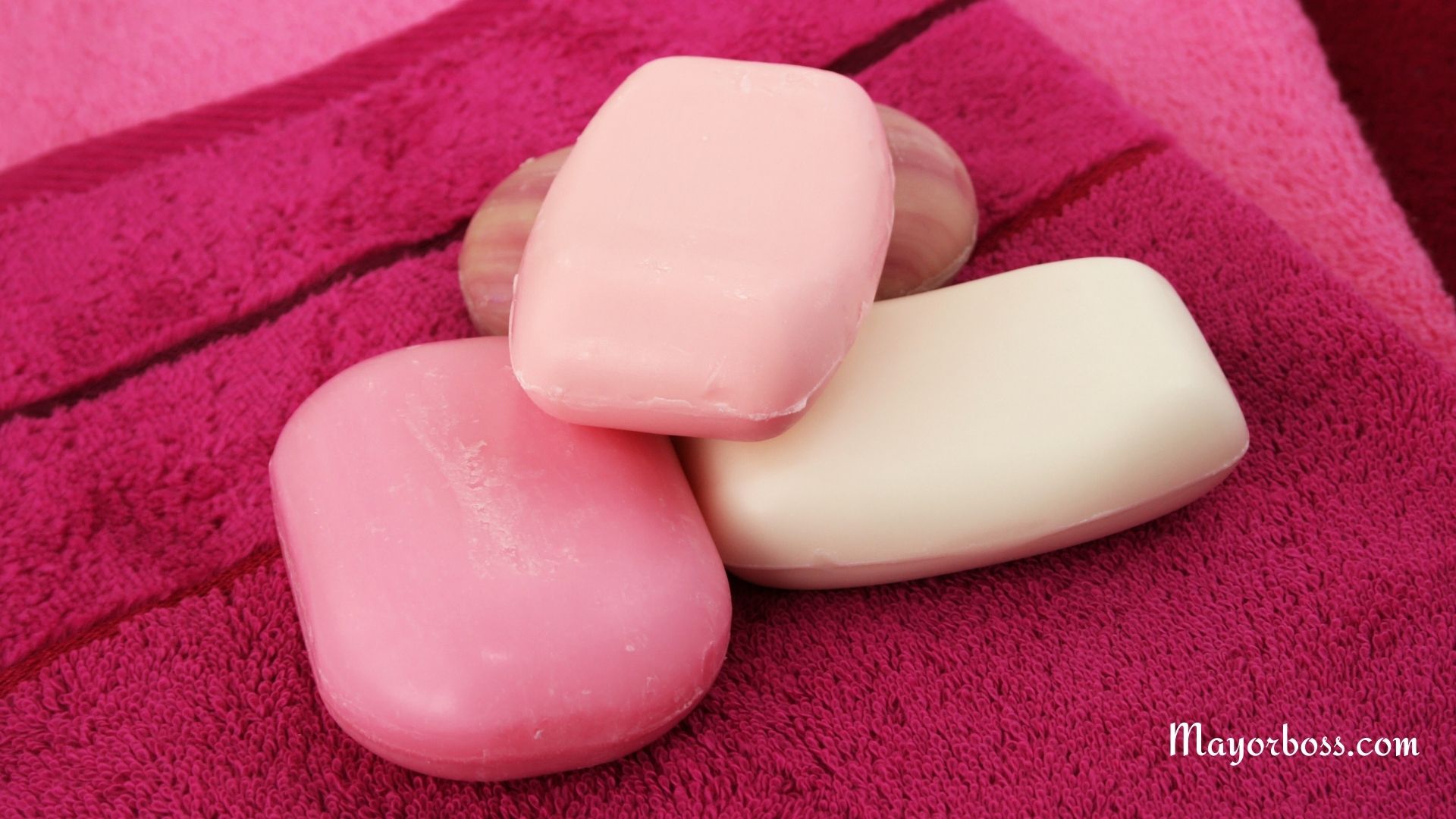What is a Charley Horse?
Imagine this: You’re in the middle of a blissful dream, comfortably tucked into your warm, cozy bed. Suddenly, you’re jerked awake by a jolt of pain tearing through your calf muscle. You recognize it instantly. It’s a Charley Horse.
What is a Charley Horse?
A Charley Horse is a term often used to describe a sudden, sharp muscle cramp, typically occurring in the leg. This sudden, sharp, and involuntary contraction of a muscle can cause severe discomfort and may sometimes wake you from your peaceful slumber.
So, why does this happen? And why do we call it a Charley Horse, of all things? Let’s explore these intriguing questions.
The Origin of the Term “Charley Horse”
You might be surprised to learn that the term “Charley Horse” has its roots in baseball. Legend has it that the phrase was first used in the late 19th century to describe the pain experienced by older, overworked baseball players. The story suggests that “Charley” was a lame horse who used to drag the equipment onto the baseball field. When players suffered from leg cramps, their limping was likened to Charley’s gait, hence the term “Charley Horse.
Why Do Charley Horses Happen?
Now, let’s delve into the scientific aspect of why a Charley Horse happens. There could be numerous reasons:
- Dehydration: Lack of fluids in your body could cause muscles to cramp up. So, always remember to stay hydrated!
- Overuse of Muscles: Engaging in strenuous activities without proper training or warm-up can lead to a Charley Horse.
- Nutrient Deficiencies: Minerals like potassium, calcium, and magnesium play a key role in muscle health. Their deficiency might contribute to muscle cramps.
- Age: As we grow older, muscle mass decreases, making us more prone to Charley Horses.
- Medical Conditions: Certain conditions like nerve disorders, liver disease, or diabetes may also increase the likelihood of experiencing a Charley Horse.
How to Get Rid of Your Charley Horse: Tips and Techniques
When a Charley Horse strikes, it might feel like your leg has a mind of its own. But don’t panic! Here are a few things you can do to alleviate the pain:
- Stretch it Out: Gently stretch the cramping muscle to ease the contraction.
- Apply Heat or Cold: A warm towel or cold pack can help soothe the muscle.
- Stay Hydrated: Drink plenty of water to replenish lost fluids.
- Massage: Gently massage the area to relieve tension.
So, there you have it. I hope this article has provided a new perspective on the age-old dilemma of the Charley Horse. Remember, the best way to deal with a Charley Horse is to stay prepared and informed. By understanding the causes, you can take steps to prevent these painful cramps and deal with them effectively when they occur. And, of course, stay hydrated. Charley Horse or not, your body will thank you for it.
Further Reading: Here’s Why Your Leg Cramps at Night






